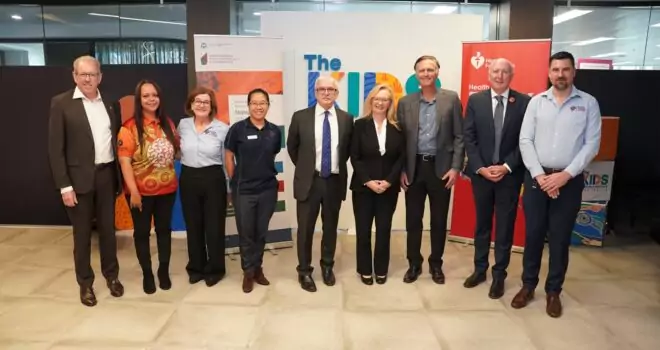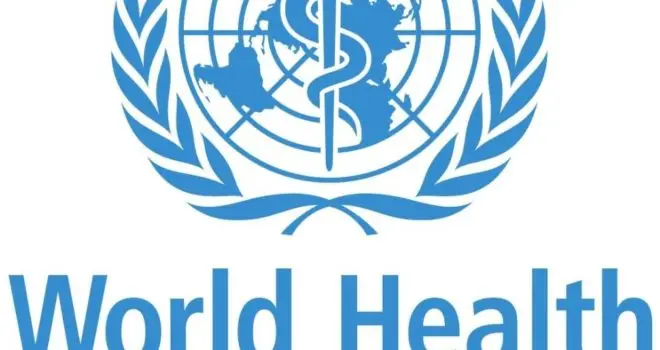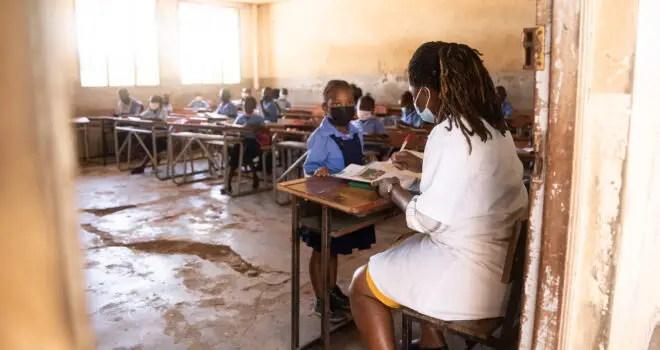This is a statement made at the 74th session of the World Health Assembly on Agenda item 16: Committing to implementation of the Global Strategy for Women’s, Children’s, and Adolescents’ Health (2016–2030) by the World Heart Federation.
Honourable Chair, Distinguished Delegates,
The World Heart Federation applauds the WHO for its leadership in the implementation of Resolution WHA71.14 on Rheumatic Fever and Rheumatic Heart Disease. We thank Dr Tedros for his report highlighting the progress made since 2018. We also warmly thank the WHO Eastern Mediterranean Region for the development of their regional framework for action on RF & RHD.
We are delighted that rheumatic fever and rheumatic heart disease are now part of the Global Strategy for Women’s, Children’s, and Adolescents’ Health. RHD affects over 40 million people globally, mainly children, adolescents, and young women in low- and middle-income countries, and is a major cause of maternal and perinatal morbidity and mortality worldwide. We can neither ensure the right to the highest attainable standard of health for all women, children, and adolescents nor achieve the UN Sustainable Development Goals without addressing this devastating disease.
Despite being fully preventable and having a similar prevalence to that of HIV, RHD remains one of the most underfunded disease relative to its burden. We urge the global health community, the WHO, and Member States to reiterate their commitments to and become more actively engaged in the fight against RHD.
We invite Member States to mobilize resources and develop partnerships with development agencies, civil society, donors, philanthropies, and other relevant stakeholders to ensure the successful implementation of Resolution WHA71.14. We also applaud those Member States and Regions who have displayed leadership and realized progress since 2018.
We encourage an intersectoral approach and support a comprehensive global response involving people living with RHD, frontline health workers, civil society, WHO, and Member States. We look forward to continuing our collaboration with all international stakeholders to end RHD once and for all.
Thank you for your attention.


